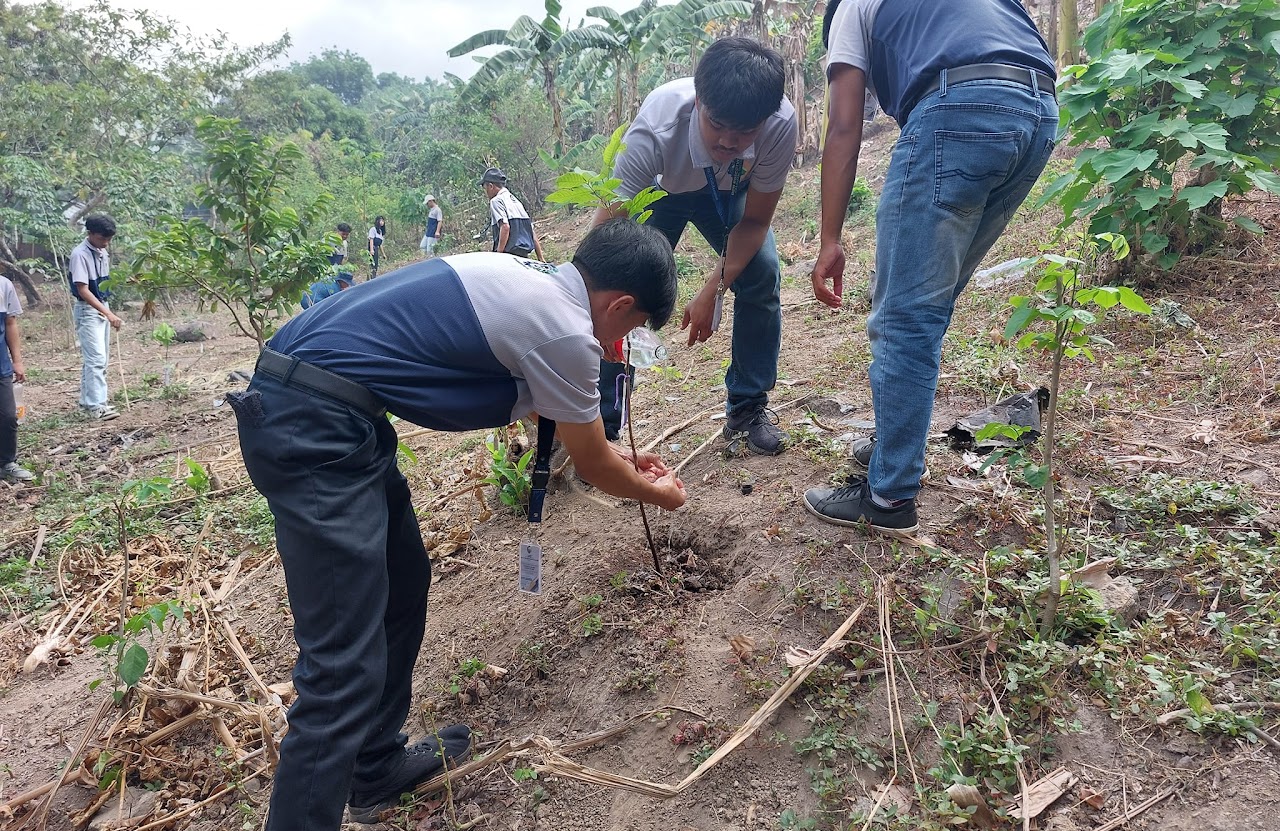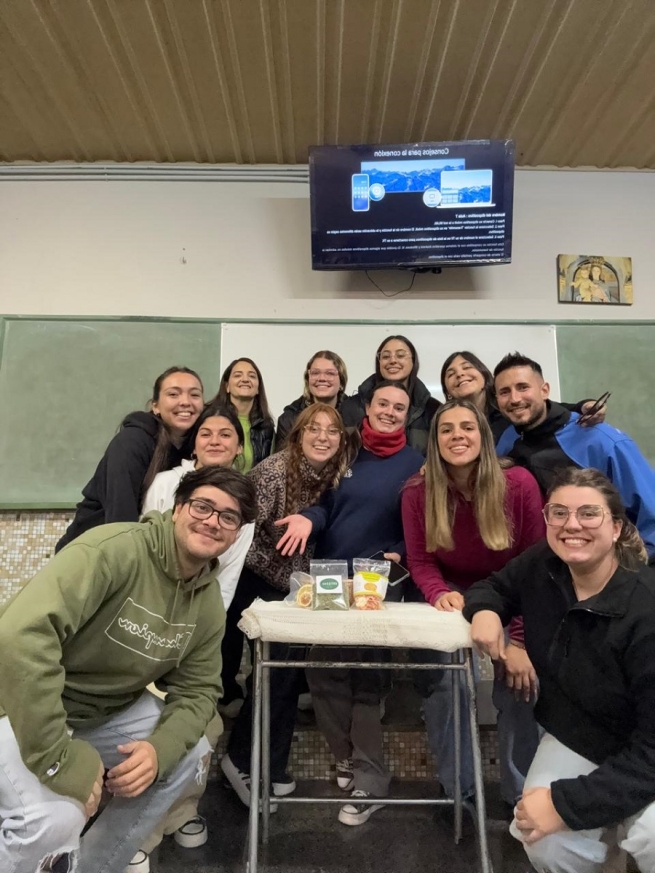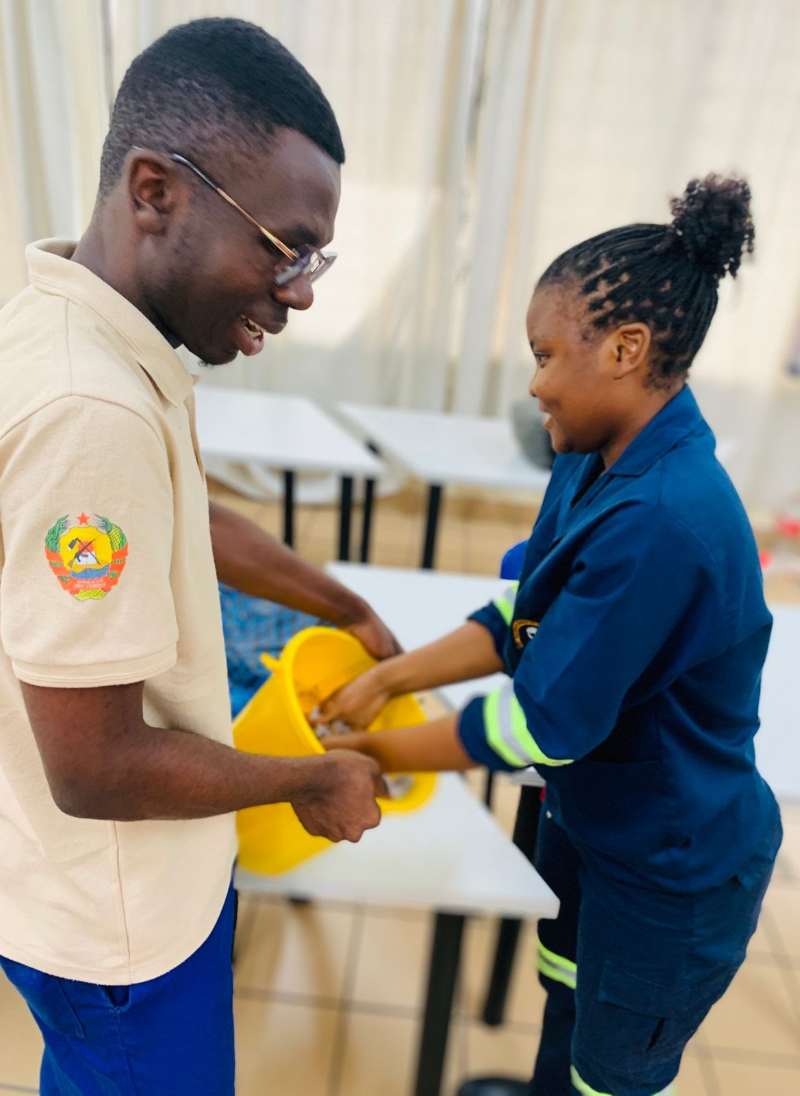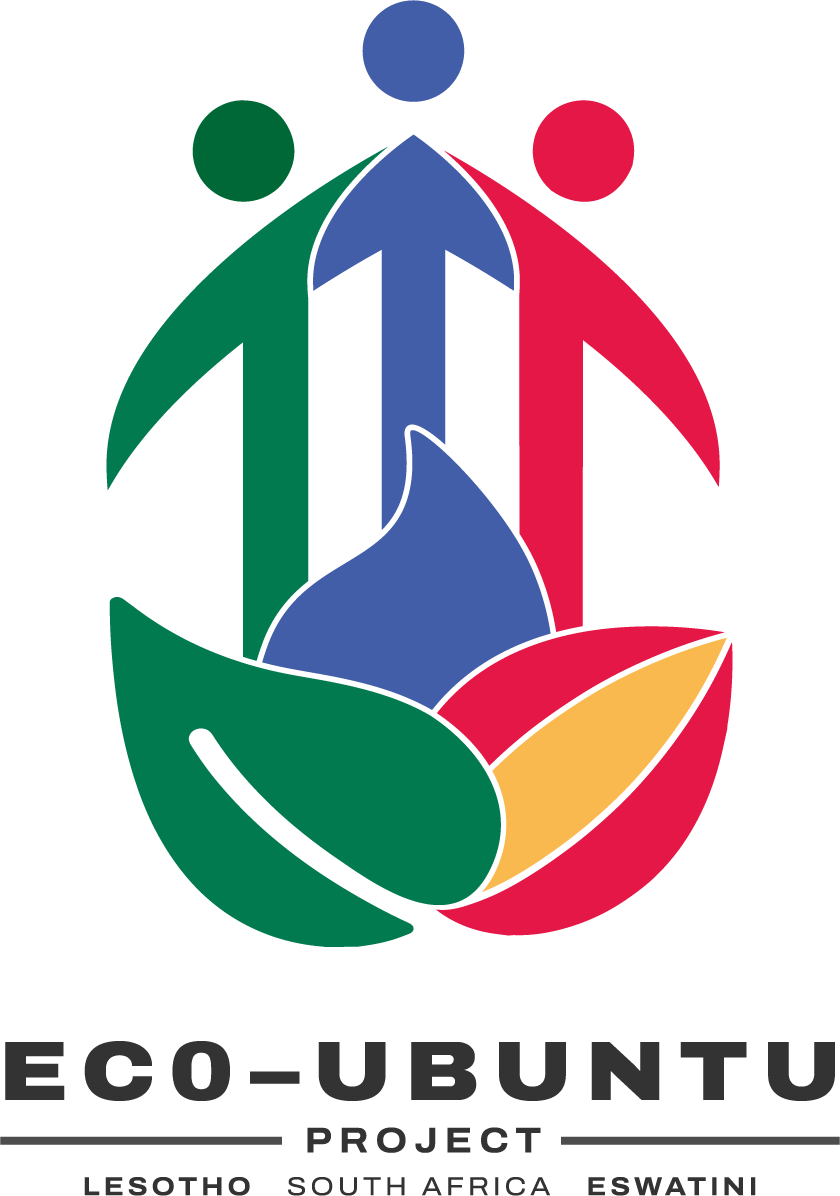PHILIPPINES: Youth plant trees

Event part of Don Bosco Calauan climate change adaptation and mitigation program
(MissionNewswire) Don Bosco Calauan in the Philippines carried out a tree-planting activity as part of the climate change adaptation and mitigation program. In three to five years, the saplings that were planted will grow into strong fruit-bearing trees to prevent flooding, promote clean air and produce food.
Father Paul Michael B. Suarez, rector, led the tree-planting. He started the event a brief review of climate change and its effects, and the goal and significance of planting trees.
A Salesian explained, “Activities such as this are teaching youth the importance of environmental sustainability. More than teaching in classrooms, youth are getting outside in the dirt and taking concrete action to improve their surroundings while learning important lessons.”
Don Bosco Calauan is located among a densely populated community that is mostly relocated families who are among the poorest and most disenfranchised. When the government moved these families to Calauan, they left their source of income in Manila. People engage in informal activities or trades to earn a living. Many children are malnourished and families still struggle to survive due to the results of the COVID-19 pandemic. In 2010, Salesian missionaries launched skills training programs to help people learn trades and develop the skills for employment.
Since 1950, Salesian Missions has been providing crucial help in the Philippines — working with at-risk youth, impoverished families and disaster victims. Humanitarian agencies warn of the dangers faced by the most disadvantaged children in the Philippines. There are at least 1.2 million children between the ages of 5-15 who are out of school and are being left behind. In addition, children born into the poorest 20% of the population are almost three times more likely to die during their first five years as those from the richest 20%.
Poverty rose sharply in the Philippines due to the COVID-19 pandemic but has been slowly coming back down. A self-reported survey conducted by the government in the first half of 2024 indicated that 42% of the population identifies as poor, a 3% decrease from 2023. This means that 11.1 million families felt their situation this year was better than last and certainly improved from 2021 when the country saw close to 4 million more people become poor in the first half of 2021 due to pandemic-induced lockdown measures that dried up jobs and reduced domestic demand.
###
Sources:
Photo courtesy of the Don Bosco Green Alliance
Don Bosco Green Alliance – Tree Plantation Activity at Don Bosco TVET Center – Calauan, Inc., Philippines
Salesian Missions – Philippines
World Bank – Philippines





